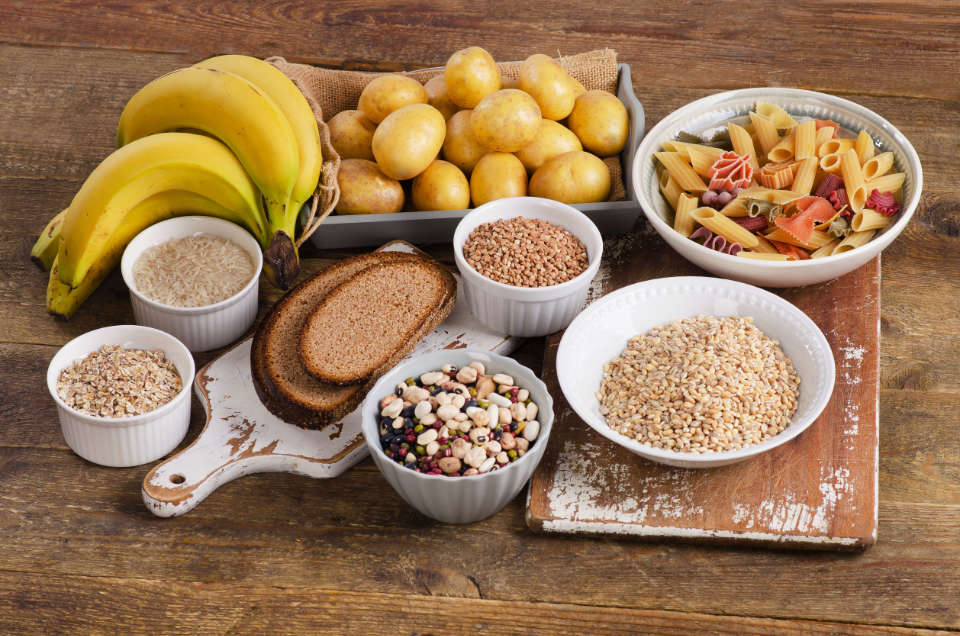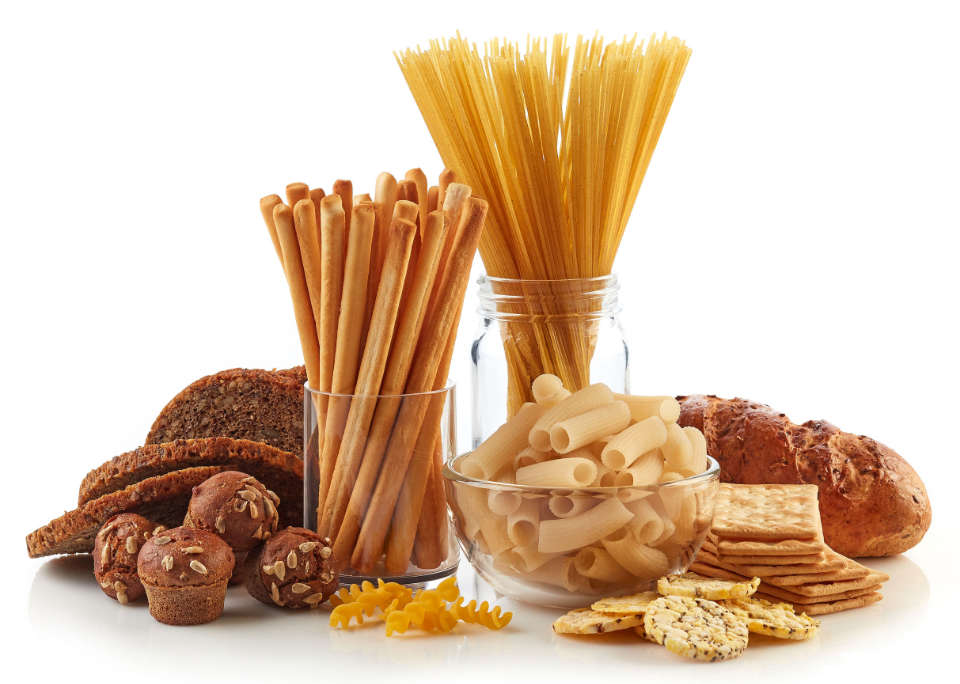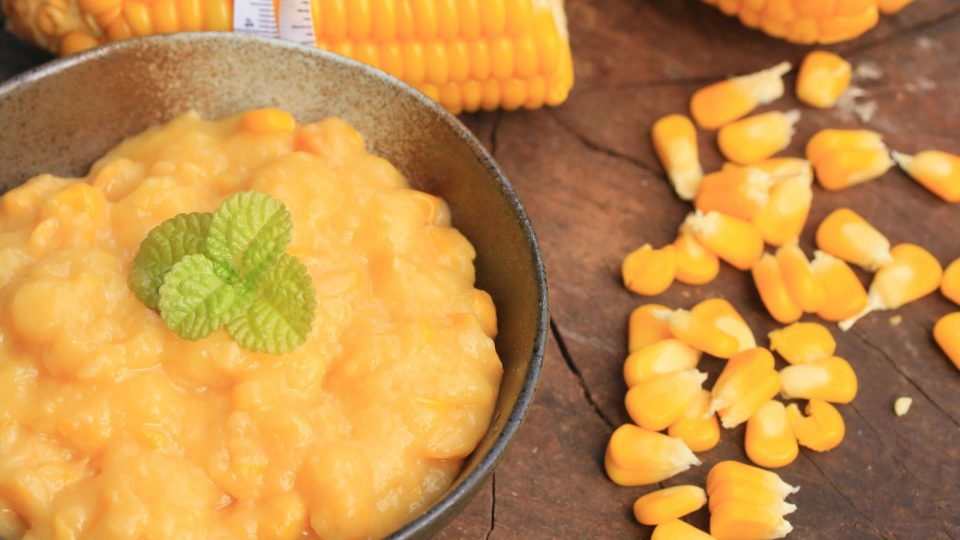In the world of sport; and the world of competition, it is almost impossible not to mention one very important (if not the most important) aspect – diet. When you mention diet to most people, they simply freak out! Because of media and false facts, people think that diet is something to be afraid of, and they run from it.
What frightens them the most is their thought of not eating what they want when they want. You see, diets aren’t meant just for quick weight loss. Diets can be fun, yummy and delicious and also pretty easy to maintain, all at the same time. The only problem is figuring out what to eat and when. Well, luckily for you, this article will give you some ideas.
Although this article is meant for runners, people who just want to cut down some weight and learn more about diets to combine them with their weight loss exercises routines are welcome as well.
What kind of role do diets play in sport?
Diet is everything in a sport! From bodybuilders to runners, the key to success is diet (besides from serious training of course). What goes without question is that diets aren’t the same for different sports; come to think of it, they aren’t the same even for different people in the same sport, but they can be similar.
This research backs up what you’ve read so far and shows you the full capabilities of diet plans. So, whether you need a gluten free diet plan, a “runner’s” diet, or just a regular diet, here are the 8 golden rules you should follow.
8 Golden Rules Every Runner Needs to Follow Regarding Diet
As we can see in this medical research, runners have their special diets. However, they aren’t far away from normal ones. Here is what you need to know:
1. Specific Food
There are certain foods that runners need. Let me correct myself – there are certain foods that runner’s bodies need to keep on going. With that being said, here is the “runners food” list:
- Bananas
- Broccoli
- Peanut Butter
- Oats
- Avocados
- Plain Yoghurt
So, these foods are crucial for runners and will give them everything their bodies need. All of these foods have nutrients that help with recovery and boost running performance.What you should do is base your diet on these ingredients and include more than one.
2. Wait Before You Run
Some people make a mistake of running shortly after they have had their meal. Then, when they start their long runs, they get cramps, stomachaches, nausea, and they blame it on endurance and conditioning.
What you should do to avoid this is merely waiting at least two hours after you have just eaten and then go for your run. That way, you will make sure that your food is entirely and adequately digested; plus you will avoid all of the problems that I have already mentioned.
In this medical research, you may find detailed explanation about food time periods and time limits to ensure quick weight loss without problems.

3. New Food
You shouldn’t eat anything unfamiliar to your stomach right before your run. You see, after a certain period, your gastrointestinal tract gets used to a specific type. That specific type of food depends on the food you eat most frequently; which means it will get used to the food you use in your diet plan pretty fast.
If you eat something new right before you start you run it may cause all of those problems that are mentioned in the second point.
4. Carbohydrates
It is recommended that you put carbohydrates at the top of your diet a few days before your race.
There was a study way back in 1967 that talked about how right of an impact eating carbs after a long period has on the body. “It is,” as they said, “making regular athletes, super-charged and has the right ability to do well with different weight loss exercises.”

5. Sleep
You may think that this has nothing to do with diets, but it does! Sleep is essential for our bodies. That’s the time when we rest, and our bodies regenerate themselves; our cells are renewed, our mind is cleared, our muscles are repaired. So, if you want to gain full benefits from your diets, get your 8 hours of sleep each night (at least).
Some even recommend that runners should sleep more than an average person, while they are in training. This means that you should be sleeping at least half an hour longer than 8 hours.
6. Refuel
Combine protein with carbohydrates after your race to regain strength and refuel yourself. This will get you back on your feet in no time. You can adapt your diets as well, for example: If you are sensitive to gluten, you can try gluten free diet plan.

7. Size Matters
Don’t eat as much as you can. Keep in mind what you want to do with your body; what your goal is for the next race; what your body size is, and then compose your diet with that information.
8. Consistency
Be consistent! If you don’t stick with your diet, it will all be in vain. Discipline is a huge word here and if you don’t have it – make it!
The final verdict
And that brings us to the ending of this article. As you can see, there are a few different rules when it comes to diets that runners should have, but in essence, it isn’t that much of a change from a regular one.
Follow these 8 golden tips for diets for runners, and you should be winning in no time; if you are training hard, that is. All the best in your upcoming races! I hope that this article helped you and gave you precise information about what and how to do.





